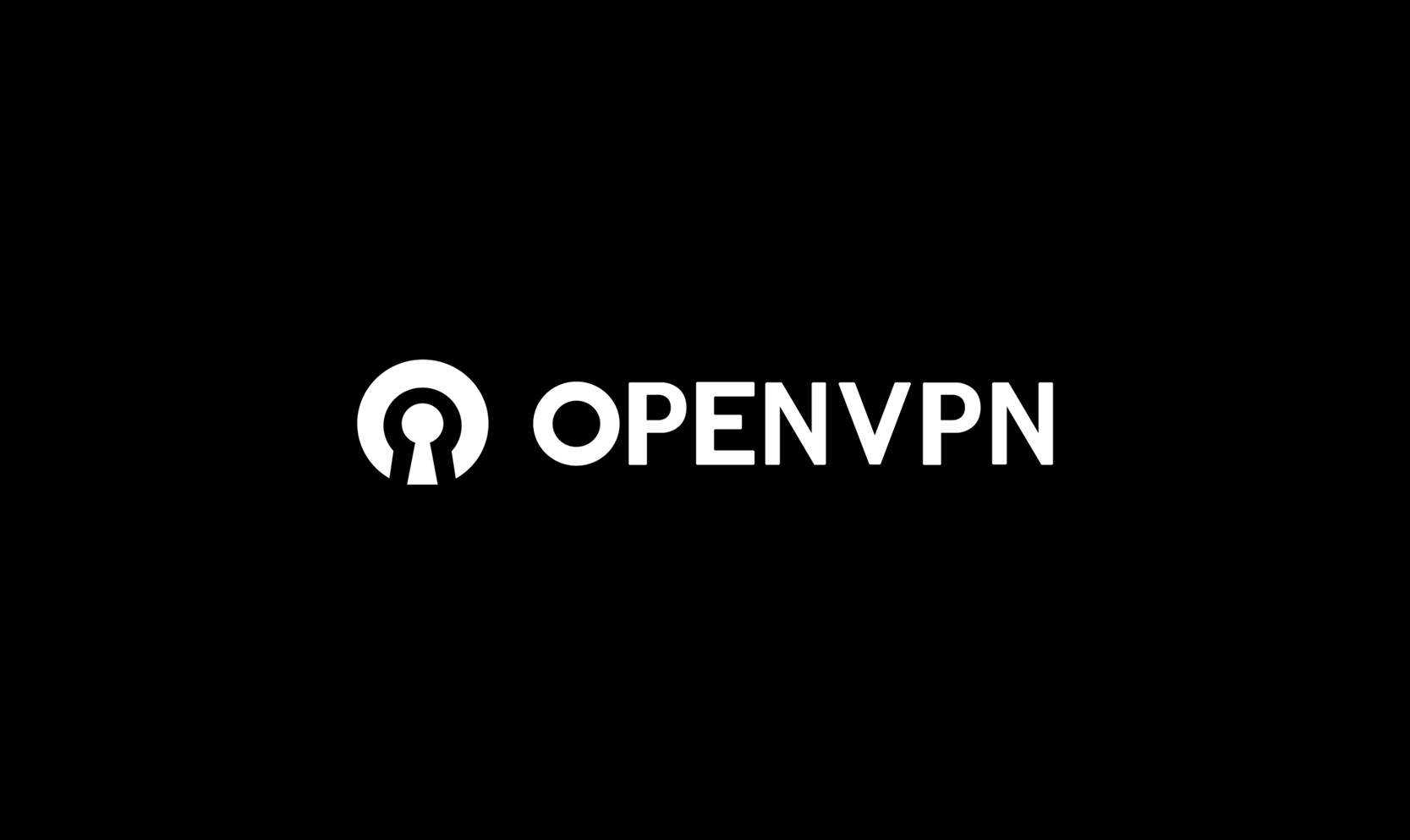
Una vulnerabilità critica è stata scoperta nel driver di offload del canale dati di OpenVPN per Windows, che può essere sfruttata da attaccanti locali per mandare in crash i sistemi. Il bug, classificato come CVE-2025-50054, è un buffer overflow che colpisce le versioni 1.3.0 e precedenti del driver ovpn-dco-win, oltre alle versioni di OpenVPN fino alla 2.5.8, dove tale driver veniva utilizzato come scheda di rete virtuale predefinita.
“Quando si utilizza ovpn-dco-win, il software OpenVPN non invia traffico dati avanti e indietro tra utente e spazio kernel per la crittografia, la decrittografia e il routing, ma le operazioni sul payload avvengono nel kernel di Windows”, secondo la documentazione rilasciata da OpenVPN .
Secondo i ricercatori, un processo utente privo di privilegi può inviare messaggi di controllo con buffer troppo grandi al driver del kernel, generando una condizione di overflow che porta al blocco del sistema (crash). Il problema evidenzia i rischi legati alla gestione della memoria nei driver di basso livello, spesso sfruttabili anche senza privilegi elevati.
Ciò può consentire ai malintenziona5ti di generare una negazione del servizio per i sistemi interessati, poiché gli aggressori potrebbero ripetutamente bloccare i computer Windows che eseguono installazioni OpenVPN vulnerabili. Se sfruttata, questa vulnerabilità influisce sulla disponibilità del sistema senza compromettere la riservatezza o l’integrità dei dati.
Il team del progetto della community OpenVPN ha risposto rilasciando OpenVPN 2.7_alpha2, che include una correzione per CVE-2025-50054, tra diversi altri miglioramenti. Sebbene si tratti di una versione alpha non destinata all’uso in produzione, la correzione di sicurezza risolve la vulnerabilità critica che colpisce le versioni stabili ampiamente distribuite.
Il driver ovpn-dco-win, acronimo di “OpenVPN Data Channel Offload for Windows”, rappresenta un significativo miglioramento architettonico rispetto alle precedenti implementazioni di driver. A differenza degli approcci tradizionali, il driver DCO elabora il traffico VPN direttamente nel kernel di Windows anziché inviare dati avanti e indietro tra l’utente e lo spazio del kernel, con conseguente miglioramento sostanziale delle prestazioni.
Il driver è sviluppato utilizzando framework moderni, tra cui WDF e NetAdapterCx, rendendolo più semplice da gestire rispetto ai driver miniport NDIS esistenti. Con la versione 2.7_alpha2, OpenVPN ha ufficialmente rimosso il supporto per il driver wintun, rendendo win-dco quello predefinito, mentre tap-windows6 funge da fallback per i casi d’uso non coperti da win-dco.
Gli esperti di sicurezza raccomandano agli utenti delle versioni interessate di eseguire l’aggiornamento alle versioni patchate non appena saranno disponibili le versioni stabili. Fino ad allora, gli amministratori dovrebbero valutare l’implementazione di misure di mitigazione per limitare l’accesso locale alle interfacce del driver OpenVPN.
Ti è piaciuto questo articolo? Ne stiamo discutendo nella nostra Community su LinkedIn, Facebook e Instagram. Seguici anche su Google News, per ricevere aggiornamenti quotidiani sulla sicurezza informatica o Scrivici se desideri segnalarci notizie, approfondimenti o contributi da pubblicare.

 Cybercrime
CybercrimeLe autorità tedesche hanno recentemente lanciato un avviso riguardante una sofisticata campagna di phishing che prende di mira gli utenti di Signal in Germania e nel resto d’Europa. L’attacco si concentra su profili specifici, tra…
 Innovazione
InnovazioneL’evoluzione dell’Intelligenza Artificiale ha superato una nuova, inquietante frontiera. Se fino a ieri parlavamo di algoritmi confinati dietro uno schermo, oggi ci troviamo di fronte al concetto di “Meatspace Layer”: un’infrastruttura dove le macchine non…
 Cybercrime
CybercrimeNegli ultimi anni, la sicurezza delle reti ha affrontato minacce sempre più sofisticate, capaci di aggirare le difese tradizionali e di penetrare negli strati più profondi delle infrastrutture. Un’analisi recente ha portato alla luce uno…
 Vulnerabilità
VulnerabilitàNegli ultimi tempi, la piattaforma di automazione n8n sta affrontando una serie crescente di bug di sicurezza. n8n è una piattaforma di automazione che trasforma task complessi in operazioni semplici e veloci. Con pochi click…
 Innovazione
InnovazioneArticolo scritto con la collaborazione di Giovanni Pollola. Per anni, “IA a bordo dei satelliti” serviva soprattutto a “ripulire” i dati: meno rumore nelle immagini e nei dati acquisiti attraverso i vari payload multisensoriali, meno…